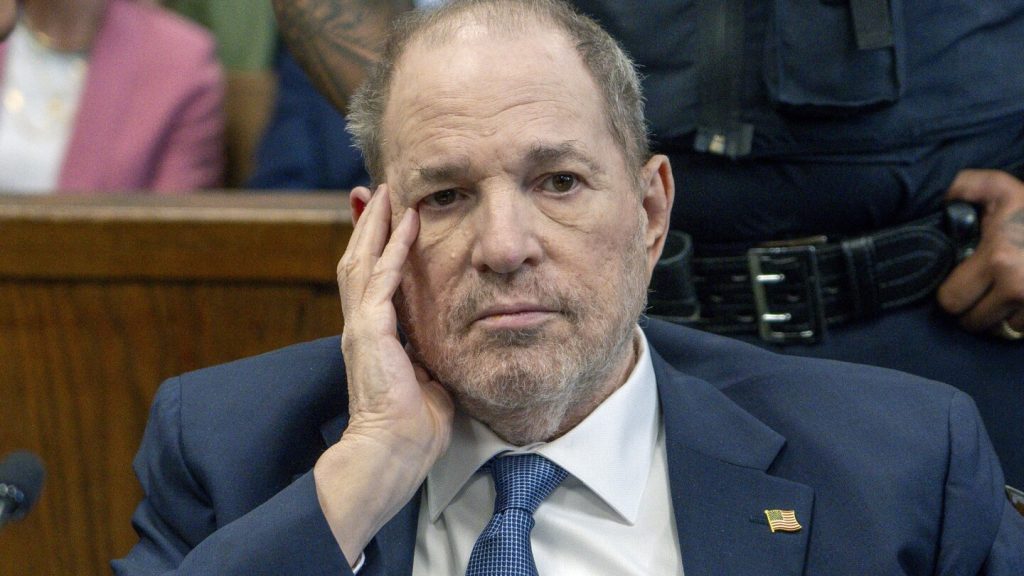The New York state Senate passed a bill allowing evidence of prior sexual offenses in sex crimes cases, aiming to change the legal standard Harvey Weinstein used to overturn his rape conviction. The Senate approved the bill by a wide margin, with a vote of 55-4. The proposal now moves to the state Assembly for further consideration. Lawmakers began pushing for this change following the state’s high court decision to overturn Weinstein’s conviction, citing unfair allowance of testimony about assault allegations not directly related to the charges against him. The bill clarifies that evidence of previous sexual offenses can be presented in sex crimes cases, even if not directly related to the specific charges, giving judges discretion to exclude it if deemed prejudicial.
The bill’s language aligns with standards used by the federal government and more than a dozen other states, according to sponsors of the legislation. However, the Legal Aid Society, which provides free legal representation, has raised concerns that the proposal may confuse jurors by introducing too much outside evidence at trials, potentially leading to unfair convictions. The debate around the bill highlights the delicate balance between allowing relevant evidence to be presented in court while also ensuring a fair trial for the accused. Critics argue that expanding the scope of admissible evidence could tip the scales towards unfair prejudice against defendants, while supporters believe it is necessary to ensure justice for victims of sexual crimes.
Weinstein, who has denied the charges against him in New York, faces allegations of raping an aspiring actor and sexually assaulting a production assistant. His 2020 conviction was a significant moment in the #MeToo movement, shedding light on the prevalence of sexual misconduct in the entertainment industry. The Manhattan district attorney’s office is pursuing a retrial of Weinstein, with proceedings potentially starting as early as September. Despite his legal battles in New York, Weinstein has already been convicted of rape in California and sentenced to 16 years in prison. He remains incarcerated in New York as he continues to fight the legal battles against him.
The bill’s passage in the New York state Senate reflects a response to the legal challenges posed by Weinstein’s successful appeal and the broader need to address issues related to evidence in sex crimes cases. By explicitly allowing evidence of prior sexual offenses under certain conditions, the legislation seeks to provide prosecutors with additional tools to seek justice for victims of sexual assault. However, concerns about the potential impact on trial fairness and the risk of unfair convictions have been raised by critics, highlighting the complexity of balancing the rights of the accused and the needs of victims in the criminal justice system. The bill now awaits consideration by the state Assembly, where further debate and amendments may be proposed before it can become law.
The implications of this legislation extend beyond the specific case of Harvey Weinstein, impacting how sexual assault cases are prosecuted and adjudicated in New York state. By clarifying the admissibility of evidence of prior sexual offenses, the bill aims to set a clear legal standard for courts to follow in such cases, potentially establishing a more consistent approach to handling similar evidence in the future. As the legislative process continues, stakeholders on both sides of the debate will likely continue to voice their perspectives on the proposed changes, highlighting the complexity and sensitivity of issues related to evidence in sex crimes cases. Ultimately, the outcome of this legislative effort will shape the legal landscape for prosecuting sexual offenses in New York and may have broader implications for similar cases nationwide.


